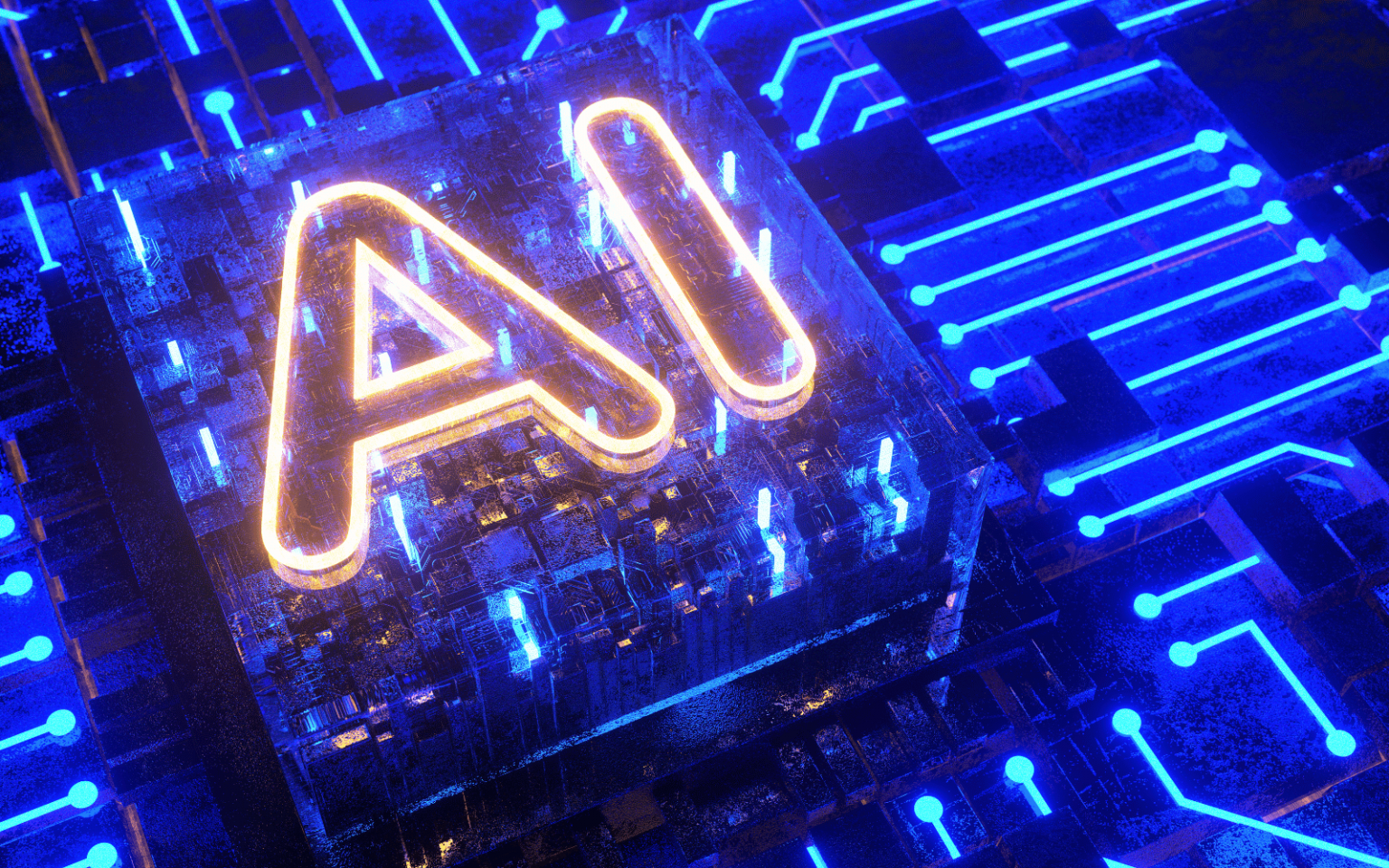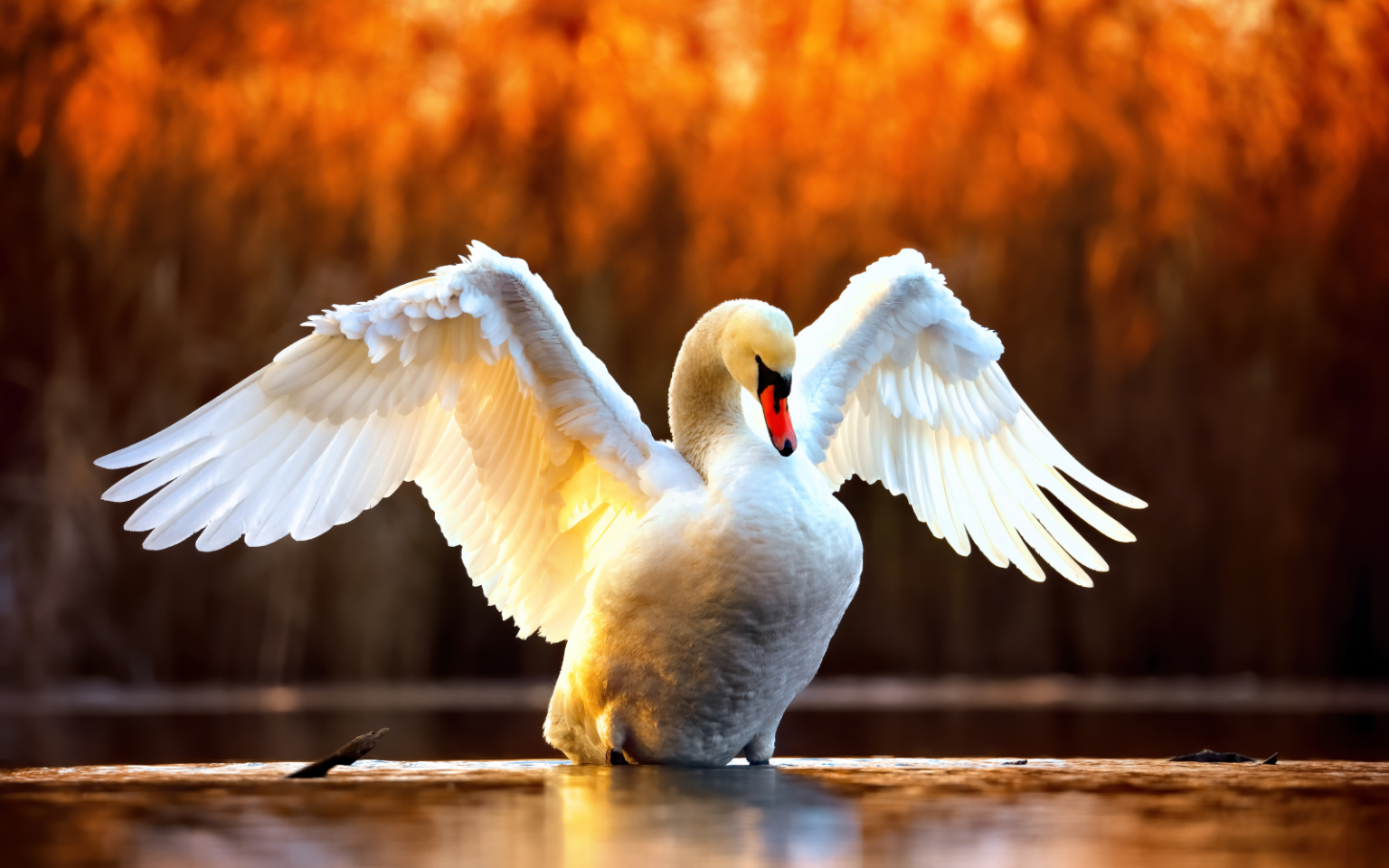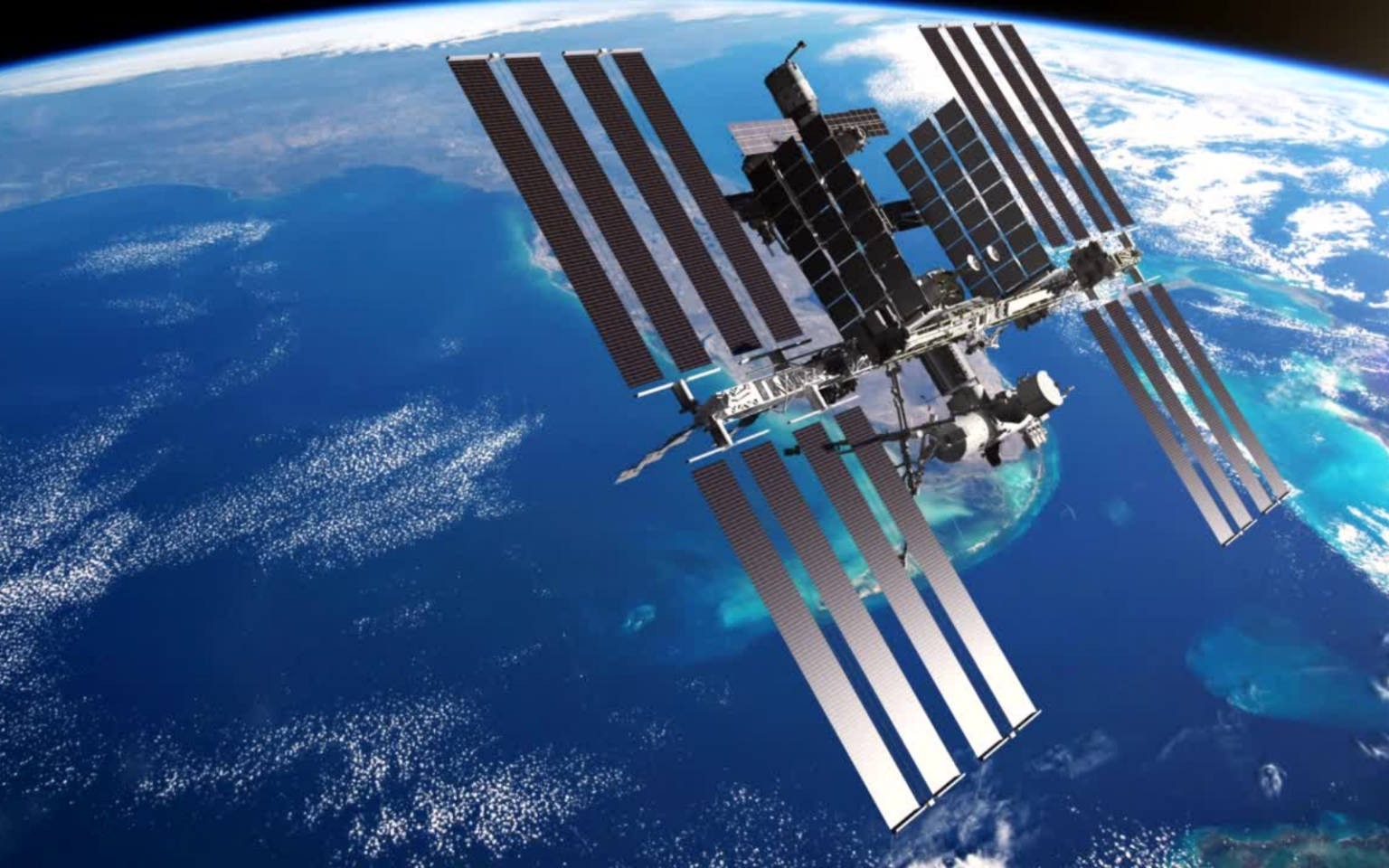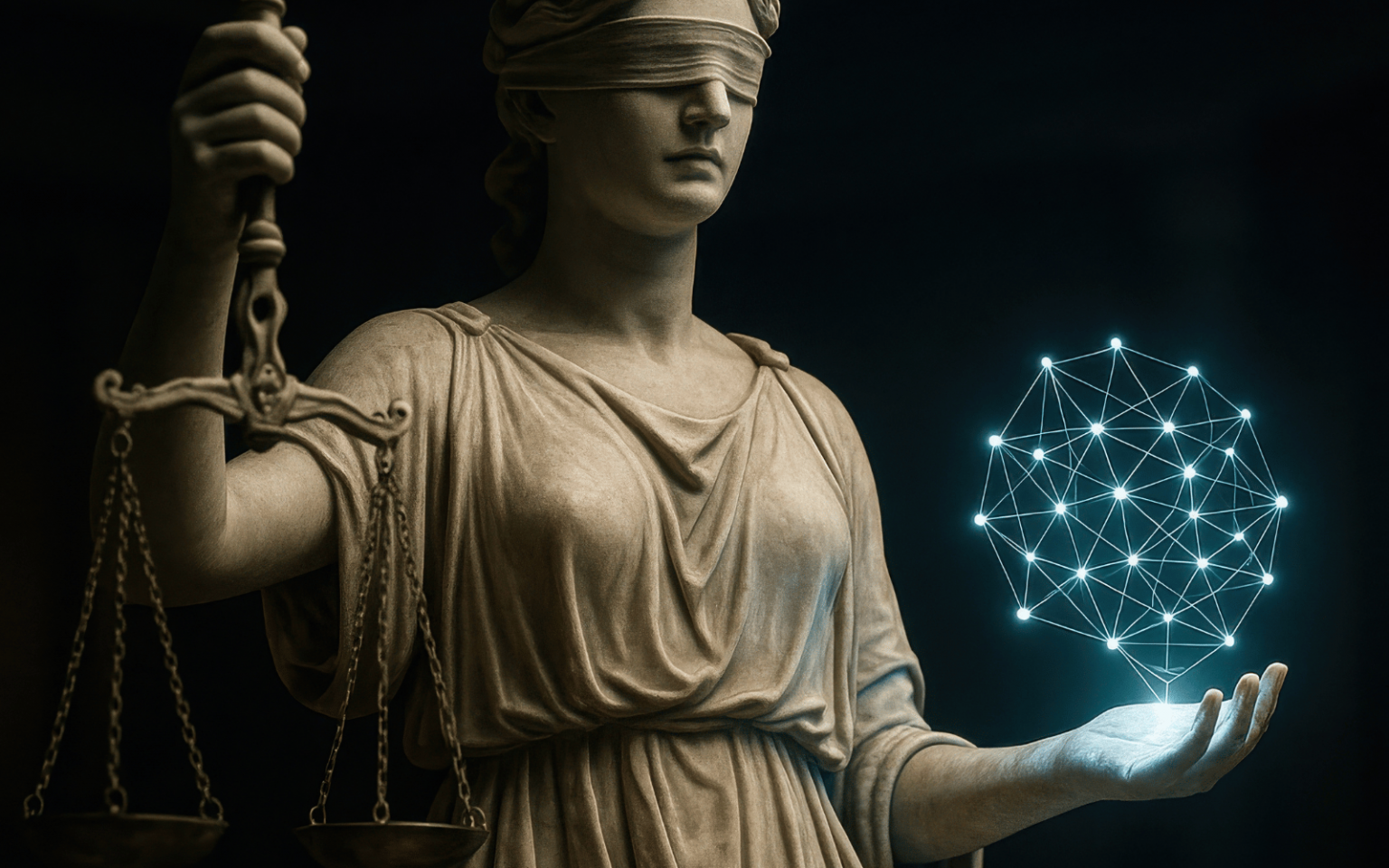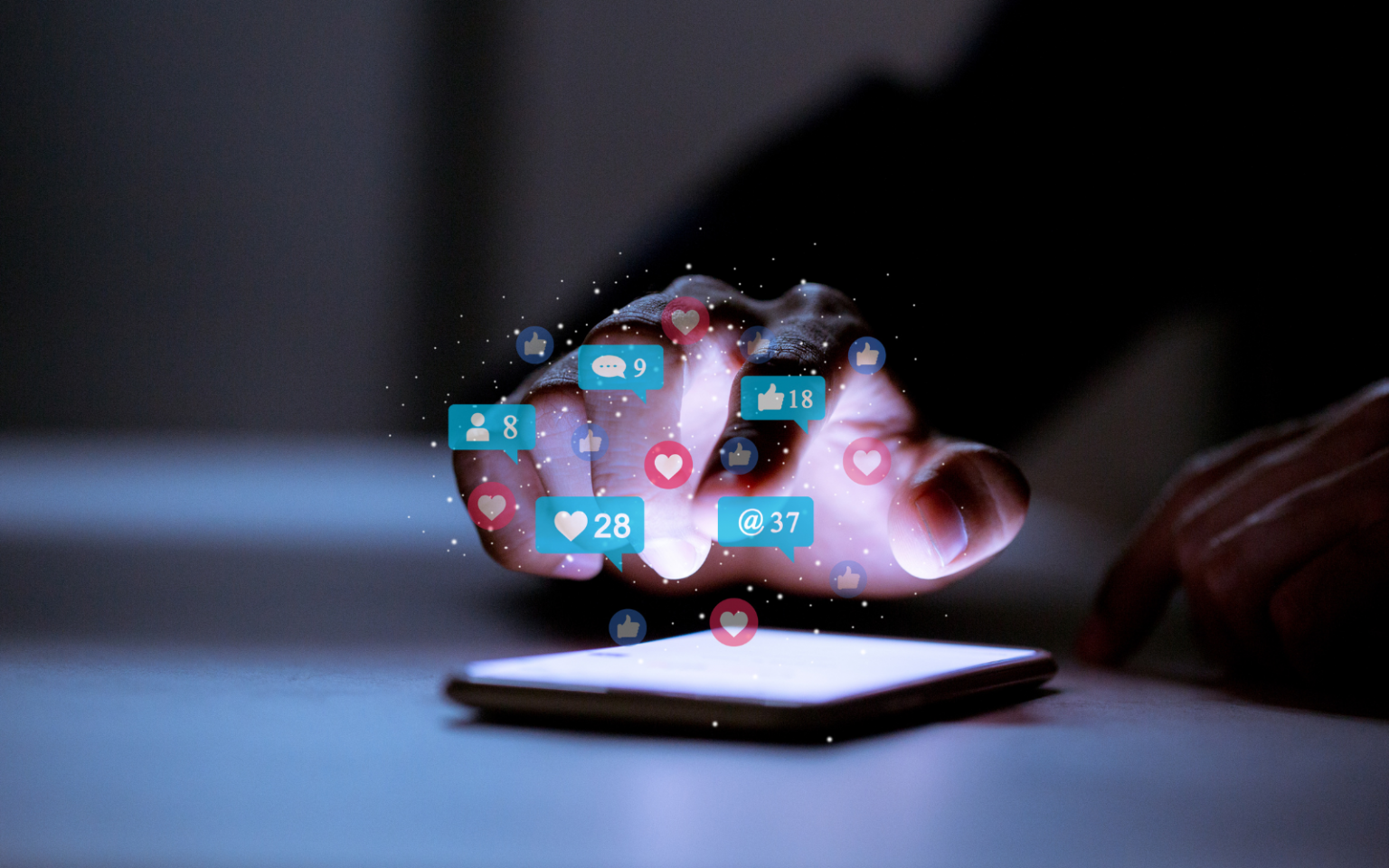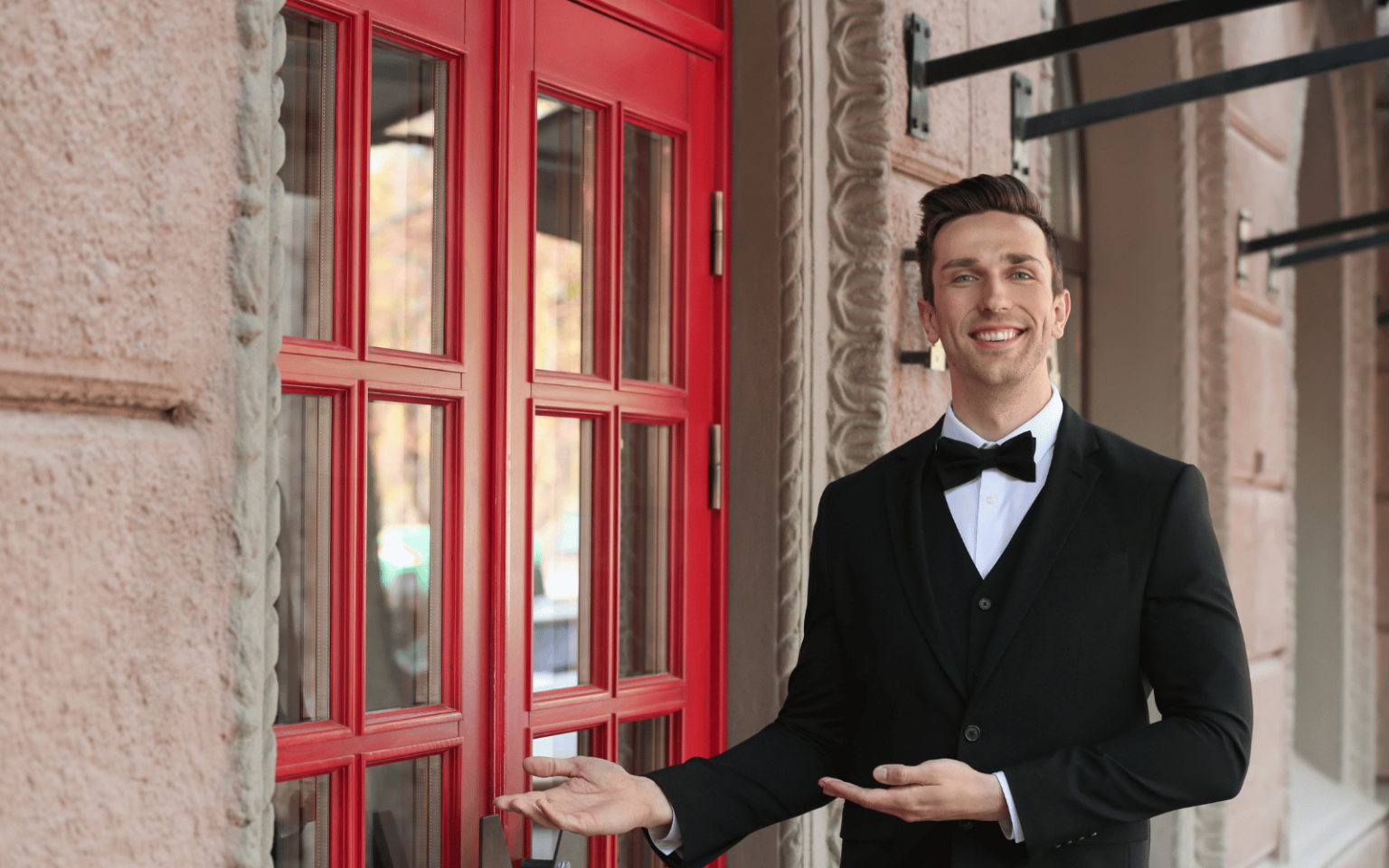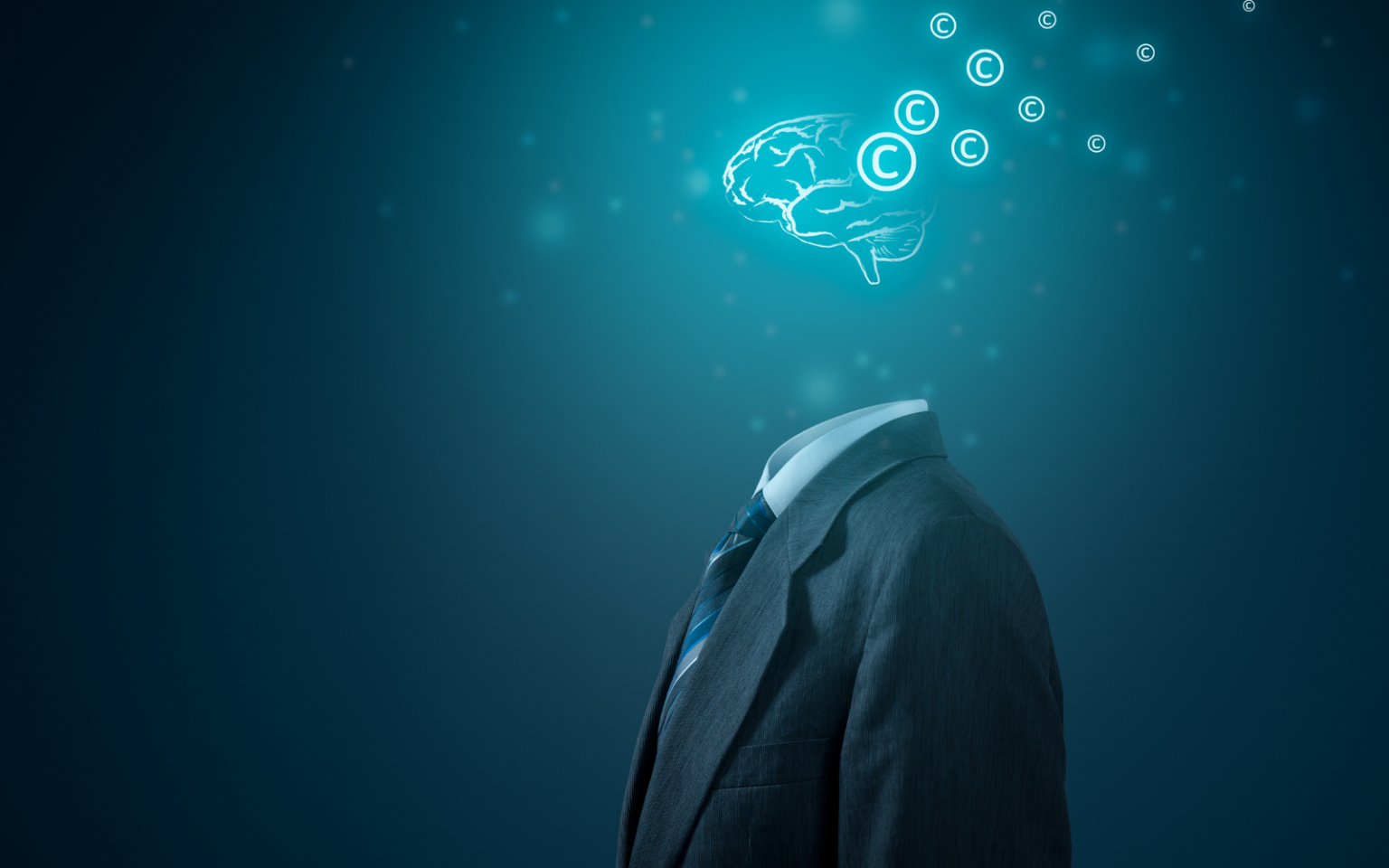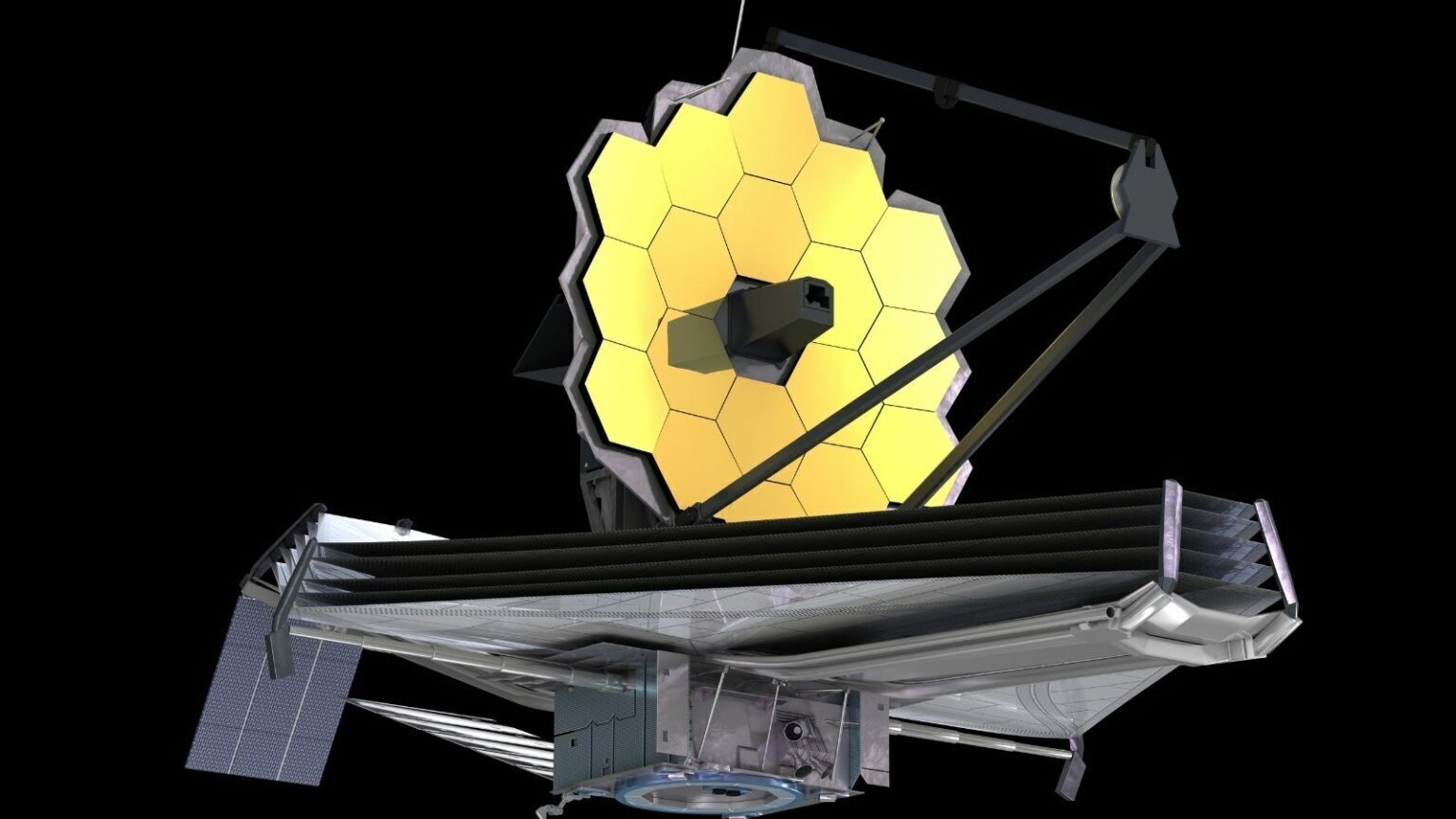People often take walking for granted. We just move, one step after another, without ever thinking about what it takes to make that happen. Yet every single step is an extraordinary act of coordination, driven by precise timing between spinal cord, brain, nerves, muscles and joints. Historically, people have used stopwatches, cameras or trained eyes to assess walking and its deficits. However, recent technological advances such as motion capture, wearable sensors and data science methods can record and quantify characteristics of step-by-step movement. We are researchers who study biomechanics and human performance. We and other researchers are increasingly applying this data to improve human…
Author: The Conversation
The robots were taking our jobs – or so we were told over a decade ago. The same warnings are regularly heard today about the likely impact of artificial intelligence (AI). Tech breakthroughs have long stirred fears of workplaces being wiped out by automation, with generative AI platforms such as ChatGPT inspiring the latest round of occupational angst. We often see this dread of AI replacing our livelihoods in news articles reporting on new worker survey findings, or in online forums talking of AI “job massacres”. A similar gloom pervaded earlier research speculating about the future impact of automation and an impending…
The term “black swan” refers to a shocking event on nobody’s radar until it actually happens. This has become a byword in risk analysis since a book called The Black Swan by Nassim Nicholas Taleb was published in 2007. A frequently cited example is the 9/11 attacks. Fewer people have heard of “grey swans”. Derived from Taleb’s work, grey swans are rare but more foreseeable events. That is, things we know could have a massive impact, but we don’t (or won’t) adequately prepare for. COVID was a good example: precedents for a global pandemic existed, but the world was caught off guard anyway. Although he…
The International Space Station (ISS) is one of the most remarkable achievements of the modern age. It is the largest, most complex, most expensive and most durable spacecraft ever built. Its first modules were launched in 1998. The first crew to live on the International Space Station – an American and two Russians – entered it in 2000. Nov. 2, 2025, marks 25 years of continuous habitation by at least two people, and as many as 13 at one time. It is a singular example of international cooperation that has stood the test of time. Two hundred and ninety people from…
Last week, artificial intelligence (AI) music company Udio announced an out-of-court settlement with Universal Music Group (UMG) over a lawsuit that accused Udio (as well as another AI music company called Suno) of copyright infringement. The lawsuit was brought forward last year by the Recording Industry Association of America, on behalf of UMG and the other two “big three” labels: Sony Music and Warner Records. The lawsuit alleged Udio – which offers text-to-audio music-generating software – trained its AI on UMG’s catalogue of music. But beyond agreeing to settle, the pair have announced a “strategic agreement” to create a new product, to…
A South African court case made headlines for all the wrong reasons in January 2025. The legal team in Mavundla v MEC: Department of Co-Operative Government and Traditional Affairs KwaZulu-Natal and Others had relied on case law that simply didn’t exist. It had been generated by ChatGPT, a generative artificial intelligence (AI) chatbot developed by OpenAI. Only two of the nine case authorities the legal team submitted to the High Court were genuine. The rest were AI-fabricated “hallucinations”. The court called this conduct “irresponsible and unprofessional” and referred the matter to the Legal Practice Council, the statutory body that regulates legal practitioners in…
Social media has reached more than half (63.9%) of the world’s population since it got started in 1996. Social network platforms grew from 970 million users in 2010 to 5.41 billion in July 2025. The average social media user engages with between six and seven platforms. The average person spends two hours 21 minutes on social media per day. All this time on social media shapes people’s perceptions, influences emotions and fuels anxieties, but its impact on social stress remains difficult to measure. Herkulaas MvE Combrink is a specialist in computational infodemiology, a field which studies the spread of information in digital spaces, at high volumes…
Artificial intelligence (AI) is rapidly becoming commonplace, despite statistics showing that only approximately 7% to 13% (depending on size) of companies have incorporated AI into their regular business workflows. Adoption in specific business functions is far higher, with up to 78% of companies reporting use of AI tools in at least one business area. And more than 90% of companies plan to increase AI investment within three years. This surge in adoption is underpinned by expectations of significant efficiency gains and cost reduction. Widespread implementation of AI is also accompanied by layoffs. Estimates vary, but it’s clear that within the next decade, millions of jobs will be reshaped or…
The latest generation of artificial intelligence (AI) models is sharper and smoother, producing polished text with fewer errors and hallucinations. As a philosophy professor, I have a growing fear: When a polished essay no longer shows that a student did the thinking, the grade above it becomes hollow – and so does the diploma. The problem doesn’t stop in the classroom. In fields such as law, medicine and journalism, trust depends on knowing that human judgment guided the work. A patient, for instance, expects a doctor’s prescription to reflect an expert’s thought and training. AI products can now be used…
After Christmas dinner in 2021, our family was glued to the television, watching the nail-biting launch of NASA’s US$10 billion (AU$15 billion) James Webb Space Telescope. There had not been such a leap forward in telescope technology since Hubble was launched in 1990. En route to its deployment, Webb had to successfully navigate 344 potential points of failure. Thankfully, the launch went better than expected, and we could finally breathe again. Six months later, Webb’s first images were revealed, of the most distant galaxies yet seen. However, for our team in Australia, the work was only beginning. We would be using Webb’s highest-resolution mode, called the…

